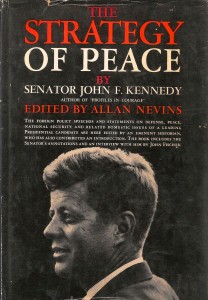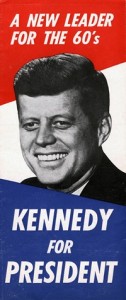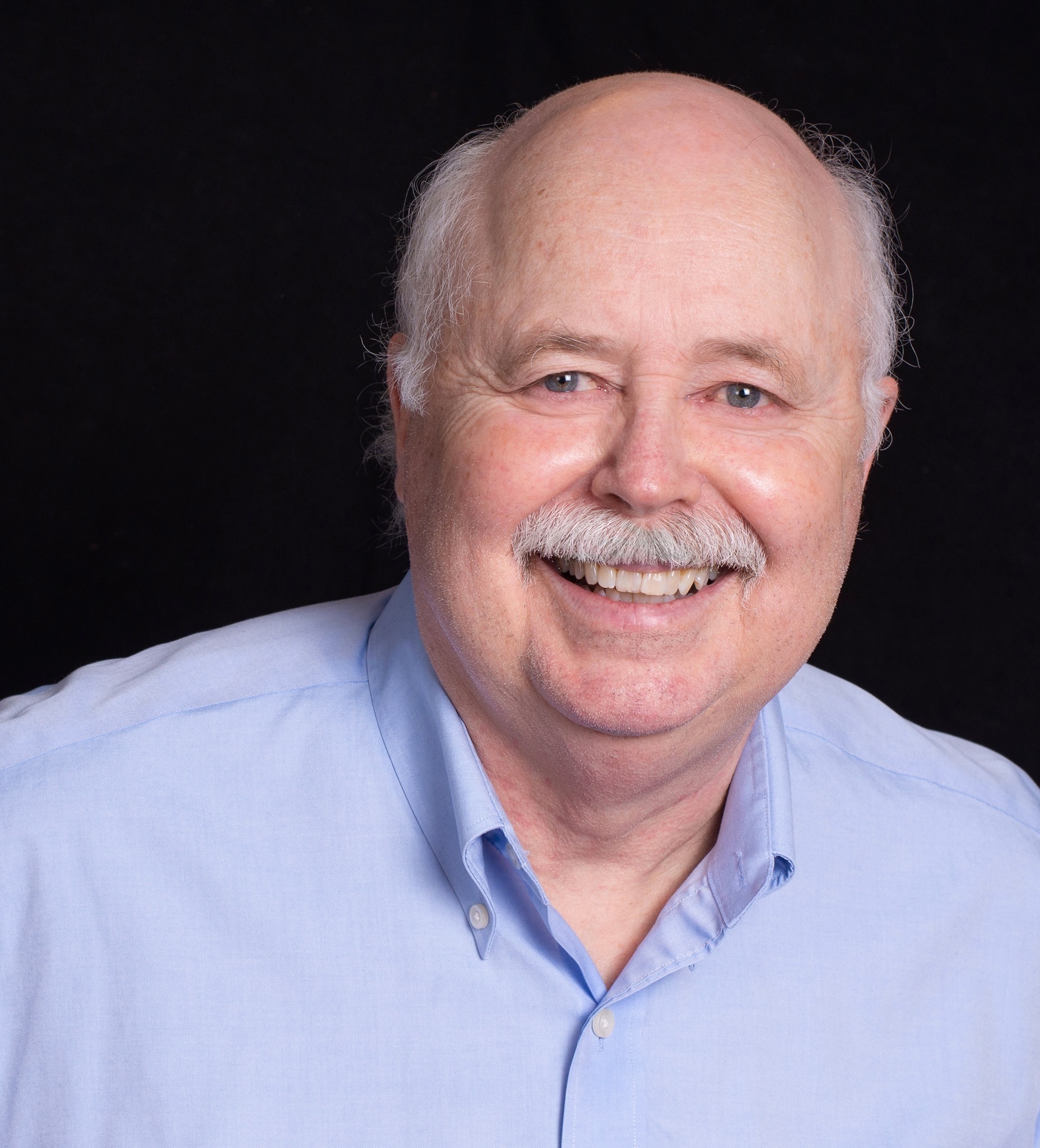
Note: Sometimes in the course of research I run into interesting items and incidents of history that provide valuable footnotes to the general subject I am addressing. Such is the case with what I present to you here. As discussed in the “Ramping Up the Vietnam War” series currently being published in this blog, from 1946 -1954 the small nation of Vietnam was fighting to free itself from the grip of French colonialism. At the same time in other locations around the world, from Asia to Africa to Latin America, similar independence movements were mounting in nations that had long been under the European colonial thumb, or that of a suppressive dictator. A great mistake of U.S. foreign policy at this time was to abandon the policy of self determination for these lesser developed nations and peoples as had been advocated by President Roosevelt toward the end of World War II, in favor of a Cold War inspired, blanket anti-communist stance. This policy shift resulted in the U.S. coming down on the side of the French in Vietnam as well as a number of totalitarian regimes around the world. It was during this period of the decade of the 1950s that the Central Intelligence Agency (CIA) was built into a massive intelligence and covert operations arm of the U.S. government in an effort to forward its anti-communist Cold War policy around the world, often violating international law and the sovereignty of the nations it targeted. I will be covering this more in future blogs. For now you should realize that it was into this international Cold War scene, characterized in the U.S. government by rabid anti-communism, that a Senator from Massachusetts named John F. Kennedy, on January 2nd, 1960 announced his candidacy for Presidency of the United States. Nearly simultaneous with his announcement was the publication of a new book by Kennedy entitled “The Strategy of Peace”. The book was a compilation of a number of Kennedy’s speeches delivered over the prior three years and was edited by the renowned historian Allan Nevins.[1] Published when it was, immediately prior to his winning of the 1960 Presidential election, the book provides insight into Kennedy’s views on a number of issues, not the least of which is his stance with regard to the struggles of peoples in the third world to throw off their European colonial shackles and forge their own national identities. In the introduction to the book, which is an article Kennedy wrote on 1 January, 1960 entitled “The Global Challenge”, he discusses this issue in the context of the US Cold War conflict with the Soviet Union. In the opening paragraphs of the article Kennedy makes the point that the United States has been moving from crisis to crisis in the Cold War because, “we have not yet developed a strategy for peace that is relevant to the new world in which we live…” The “new world” Kennedy is referring to is the world that evolved following World War II, in which the Soviet Union (and the Communist political philosophy it advocated) had advanced to the point where it was challenging U.S. technical superiority in both nuclear arms and space. In this “new world” the anti-colonial and anti-totalitarian revolutions then occurring in the lesser developed nations of Africa, Latin America and Asia (one of which was Vietnam) were providing the Soviet Union with a fertile spawning ground for the spread of Communism. This was only possible, Kennedy maintained, because the U.S. had failed to develop this “strategy of peace” and therefore had allowed the Soviets to “evict us from our rightful estate at the head of this worldwide revolution.” In the second half of Kennedy’s article, which I present below, JFK elaborates on what this “strategy of peace” should include and what it should accomplish. His writing at this time provides a snap shot into how his views differed from the classic Cold Warrior views of the time, and provides as well a basis to understand much of what he would try to accomplish during his time in office. With that understood, here is the 2nd half of JFK’s introduction to his 1960 book, “The Strategy of Peace”—MA

The Global Challenge—by John F. Kennedy
“…In Asia, the Middle East and Africa, peoples long dormant under colonial rule are now for the first time in a ferment of a newly won national identity and independence. Joined also by Latin America, they are swept up by the revolution of industrialization, the revolution of an explosive population growth; the revolution of consumer demands; the revolution of colored peoples to shake off the badge of inferiority white peoples imposed on them. All this makes for a paramount revolution in the outlook on life itself.
Now, as never before, hundreds of millions of men and women—who had formerly believed that stoic resignation in the face of hunger and disease and darkness was the best one could do—have come alive with a new sense that the means are at hand with which to make for themselves a better life.
If the title deeds of history applied, it is we, the American people, who should be marching at the head of this world-wide revolution, counseling it, helping it to come to a healthy fruition. For whenever a local patriot emerges in Asia, the Middle East, Africa, or Latin America to give form and focus to the forces of ferment, he most often quotes the great watchwords we once proclaimed to the world: the watchwords of personal and national liberty, of the natural equality of all souls, of the dignity of labor, of economic development broadly shared. Yet we have allowed the Communists to evict us from our rightful estate at the head of this world-wide revolution. We have been made to appear as the defenders of the status quo, while the Communists have portrayed themselves as the vanguard force, pointing the way to a better, brighter and braver order of life.
Some say we are losing out for a lack of national purpose. We need to find, it is said, a new sense of great purpose.
In my view the American purpose remains what it has been since the nation’s founding: to demonstrate that the organization of men and societies on the basis of human freedom is not an absurdity, but an enriching, ennobling, practical achievement. Our purpose is to demonstrate at home that this great continental democracy can solve its problems by the method of consent—by a system of freedom under law. With respect to the world outside, our purpose is not only to defend the integrity of this democratic society but also to help advance the cause of human freedom and world law—the universal cause of a just and lasting peace.
Every generation of Americans has faced a different set of problems in carrying forward these abiding purposes of our society. The problems have changed; the purposes have remained constant.
And so it is with us. At home, we must demonstrate that we can educate our children adequately in a world where ideas and technology are increasing in importance, and where excellence must be nurtured and cherished. Our democracy must demonstrate that it can restructure its urban organization, in light of the revolutionary enlargement of our population, now increasingly concentrated in metropolitan areas. Our democracy must demonstrate that it can use constructively—at home and on the world scene—the enormous surge of abundance in our agricultural sector.
In relation to the world outside, our democracy must demonstrate that it has the capacity to defend itself in a world of intercontinental ballistic missiles; and that it has the energy and the sense of adventure—as well as the technical skill—to play a role of leadership in the exploration of space. Our democracy must demonstrate that it is still prepared to contend patiently, as well as with insight and passion, for the cause of human freedom in Asia, the Middle East, Africa, and Latin America, as well as in the areas now held in satellite status by the Soviet Union. Our democratic society must demonstrate that it can convert the North Atlantic ties, forged in the precarious war and postwar years, into a stable, creative partnership among equals. Finally, our democratic society must demonstrate that it has the wisdom and maturity to engage in constructive exchanges and in negotiation with the Soviet Union. For over two years I have been urging that we should negotiate with the Russians at the summit or anywhere else. For all the risk involved in bilateral discussions with Mr. Khrushchev, I favored his coming and Mr. Eisenhower’s visit to the Soviet Union. [2]We should be ready to take risks to bring about a thaw in the Cold War. While blocking the routes to Communist expansion, we must—at American initiative—exploit every opportunity that the dynamics of change in Soviet life may offer, to move toward peace.

This generation does not have to find new purposes. The old American purposes are still wholly relevant. What this generation of Americans must do is to face its problems—at home and abroad. They cannot be divided…
…The American, by nature, is optimistic. He is experimental. An inventor and a builder who builds best when called upon to build greatly. Arouse his will to believe in himself, give him a great goal to believe in, and he will create the means to reach it. This trait of the American character is our greatest single national asset. It is time once more that we rescue it from the sea of fat in which it has been drowning. It is time once more to get on with the business of being true to the work of a Choosing People—a people who voluntarily assume the burden and the glory of advancing mankind’s best hope.”
John F. Kennedy
1 January, 1960
[1] Joseph Allen Nevins (1890-1971) was an American historian famous for his work on the history of the Civil War and for biographies of Henry Ford and John D. Rockefeller among others.
[2] Soviet Premier Nikita Khrushchev visited the United States in September of 1959 and President Eisenhower was slated to visit the Soviet Union later in 1960. Eisenhower’s visit never occurred because of the downing of an American U-2 spy plane piloted by Francis Gary Powers over Soviet air space. The incident destroyed any prospect for Eisenhower’s visit as well as improved relations between the two countries at the time.


4 Responses
Great Article Mark … enjoyed the read and the History !
Rob
Thanks Rob! Glad you enjoyed it and there is more to come! L Mark
Arnoldian,
This is ground we have covered quite thoroughly in our discussions and emails, and it serves to underscore the goals of the dark forces that took Kennedy out, and the opportunities derailed by his assassination. Good to get it out there for others who don’t know this history, its developments and consequences.
Pendleton
Pendleton.
In the research on this Vietnam stuff i ran across a refernce to JFK’s book “The Strategy pf Peace” which I have never heard of before. So I got the book, once again our of print and only used copies avail. The part I quoted is from the introduction to the book and is a great summation from Kennedy himself on his views of colonialism and imperialism. The best I have found from him to date. The statement about America’s purpose and what it ought to be in the world was relevant as well. That is why I published it. Yes, you and I had discussed before but few others seem to be on this track…more data out there.
Arnoldian